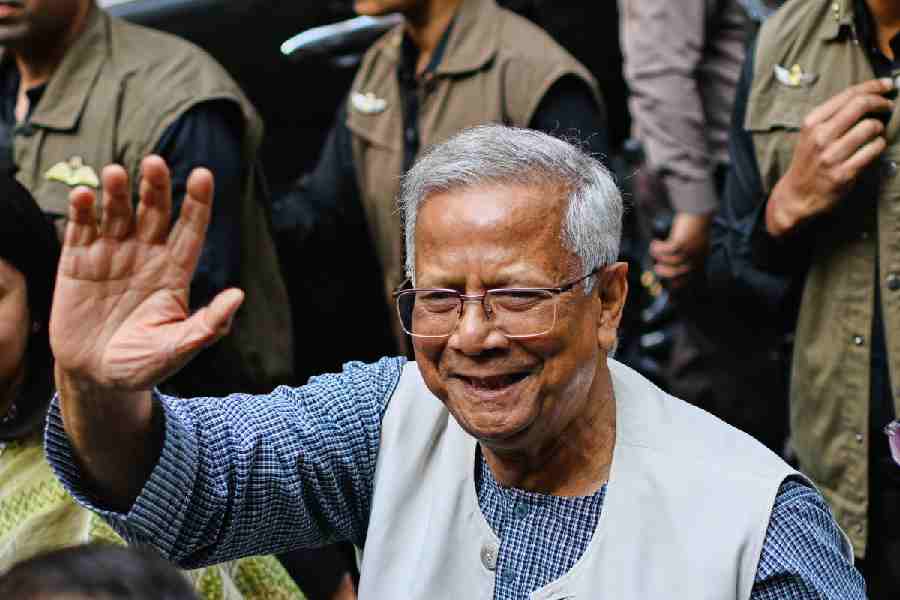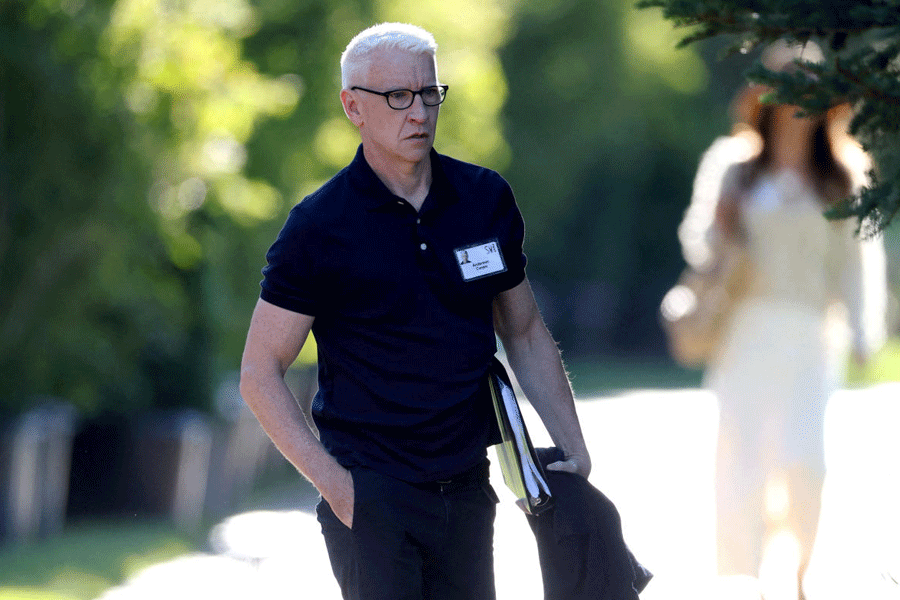 |
| Actresses Padmini Kolhapuri (left) and Poonam Dhillon campaign for the Trinamul Congress on Thursday in Lucknow, which goes to the polls on February 19. (PTI) |
Lucknow, Feb. 16: If in 2007 the Samajwadi Party was accused of drifting away from its moorings, this time it is Mayawati who faces the charge that she has become “invisible”.
“What can I say about the most invisible chief minister we’ve had? Where is she? Nobody seems to have seen her in these five years. Her predecessors might have had their infirmities. But at least they engaged directly with people,” says Lucknow resident Ram Advani, 93, echoing a common sentiment. Advani owns a bookshop in upscale Hazratganj and is the father of novelist and publisher Rukun Advani.
Bahujan Samaj Party workers agree that she has “completely sundered” herself from the party’s “ideological core” and is counting on her status as a “Dalit’s daughter” (Dalit ki beti) to fetch her an encore.
“Behenji has forgotten her party’s origins. Had Kanshi Ram been around, he would have kept her on course,” said a party member. Mayawati’s “inaccessibility”, a self-induced aura of “invincibility” and above all, her “invisibility” have taken a toll on the BSP’s prospects, he said.
Police officers said she throws a fit if the route of her convoy is not scrupulously sanitised.
“This means that not a leaf should fall on her car, no person should be allowed anywhere close to it. In her public meetings, we were instructed not to allow anyone close to her. Once, a woman managed to break the barricades and force herself near her car. The cops in charge were suspended or transferred,” an officer said.
In 2007, Samajwadi was accused of losing touch with its roots.
Mulayam Singh Yadav’s party, which once flaunted its zamini (grassroots) connections, had become overwhelmed by Bollywood glamour, thanks to Mulayam’s former confidant Amar Singh,.
With Amar gone, the Samajwadi campaign does not have a single celebrity this time. Not even a Bhojpuri starlet has been brought in pull the crowds. “We have rediscovered our origins. This election is being fought by the cadres and the people,” said Anand Bhadouria, an aide of Mulayam’s son Akhilesh.
Disconnect with the people is now a charge lobbed at the ruling BSP.
But some in the BSP insisted that reports of Mayawati’s seclusion were “exaggerated”. Hazarelal Gautam, the co-ordinator of the Ramnagar Assembly seat in Barabanki district (which voted in phase one last week), said: “Our top functionaries meet Behenji once in four months. We don’t care if she interacts with us or not because our job is to propagate her achievements.”
But others in Gautam’s position did not sound as detached. One BSP leader in Kushinagar (eastern Uttar Pradesh) spoke of how zonal co-ordinators — the conduit between Mayawati and the cadres — had allegedly skimmed off the malai (cream) in contracts and deals.
“It was as though there was a covenant between a couple of her trusted aides and the co-ordinators to share the spoils of power. We who have slogged in the mission for years were left empty-handed,” the Kushinagar leader complained.
In several towns, cadres complained that a flagship scheme like the Kanshi Ram Awas Yojana, meant to allot low-cost houses to Dalits living below the poverty line, was “abused” by the zonal co-ordinators of the BSP or “vested interests” close to them.
In Varanasi district, for instance, it was alleged that some bona fide allottees had to cough up as much as Rs 5,000 to claim their houses. In other places, it was alleged that the co-ordinators had handed the houses to “dubious parties” who used them as gambling dens.
If Mayawati’s “centralised power abuse” was the staple of political discourse in government circles, officials didn’t sound particularly amused with recollections of the Samajwadi Party’s “decentralised” mechanisms.
“The BSP has downsized the scale of the beneficiaries. Huge benefits for a few. With Mulayam, it’s much more democratic. Anybody who has served the party well in the past five years can look forward to lucrative entitlements for the next five years,” a bureaucrat said.










